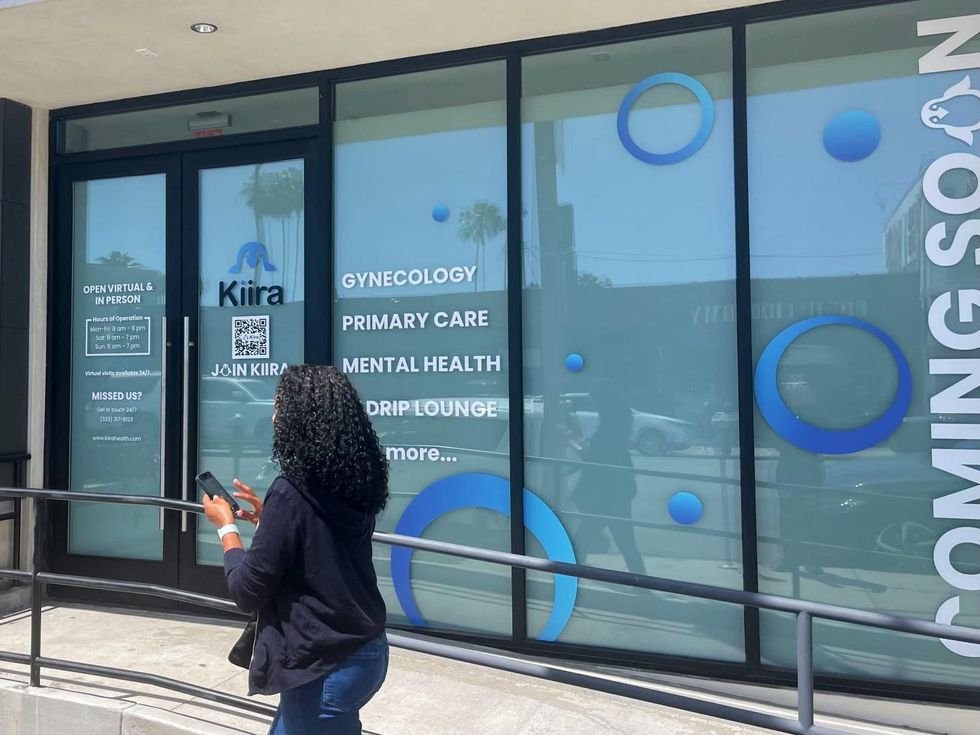Queer dating app Grindr is planning to go public by merging with a Singapore-based blank-check company in a deal that would value the company at roughly $2.1 billion.
West Hollywood-based Grindr said Monday that it has agreed to merge with Tiga Acquisition Corp., a special purpose acquisition company (SPAC) trading on the New York Stock Exchange. Grindr plans to raise at least $384 million from the transaction, with plans to use the funds to pay down debt and further grow its business.
Since launching in 2009, Grindr has grown to around 11 million monthly active users globally, roughly 80% of whom are under 35 years old. The app, which is free to download on iOS and Android devices, has emerged as the queer community’s most popular answer to the Match Group-owned Tinder, which caters primarily to straight singles. Grindr does compete with other queer dating apps including HER, mainly used by lesbian women; Lex, for queer users; and Feeld, an app for polyamorous connections.
Grindr said it generated $147 million in revenue last year, a 30% increase from the year prior. That revenue growth was fueled by an increase in the number of users paying for the app’s premium subscription, which totaled 723,000 at the end of 2021—up 31.5% year-on-year.
Grindr is pursuing a SPAC merger despite a sharp slowdown in SPAC deals amid heightened regulatory scrutiny, as well as a wider stock market correction that has pumped the brakes on IPO deal volume this year. Still, SPAC deals remain a quicker way for companies to list on public markets by side-stepping much of the regulatory red tape around traditional IPOs.
The app recently came under fire after a Wall Street Journal article exposed Grindr’s years-long practice of selling users’ precise location data to the highest bidder—a practice that runs the risk of outing some users’ sexuality and compromising their safety. The company countered the report by claiming it had implemented new privacy policies to prevent the sharing of “precise location” data.
- Grindr Removed From Chinese App Stores - dot.LA ›
- LA Tech ‘Moves’: Grindr Taps New CEO - dot.LA ›
- Hinge Tests $60 Premium Subscription, WIll Gen Z Pay? - dot.LA ›


 Kiira’s in-person clinic in Melrose.Photo courtesy of Kiira Health
Kiira’s in-person clinic in Melrose.Photo courtesy of Kiira Health